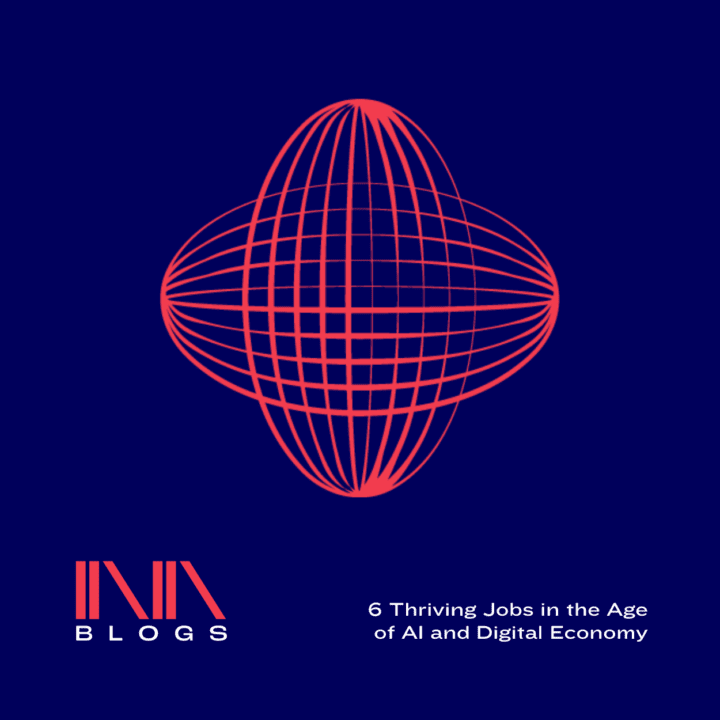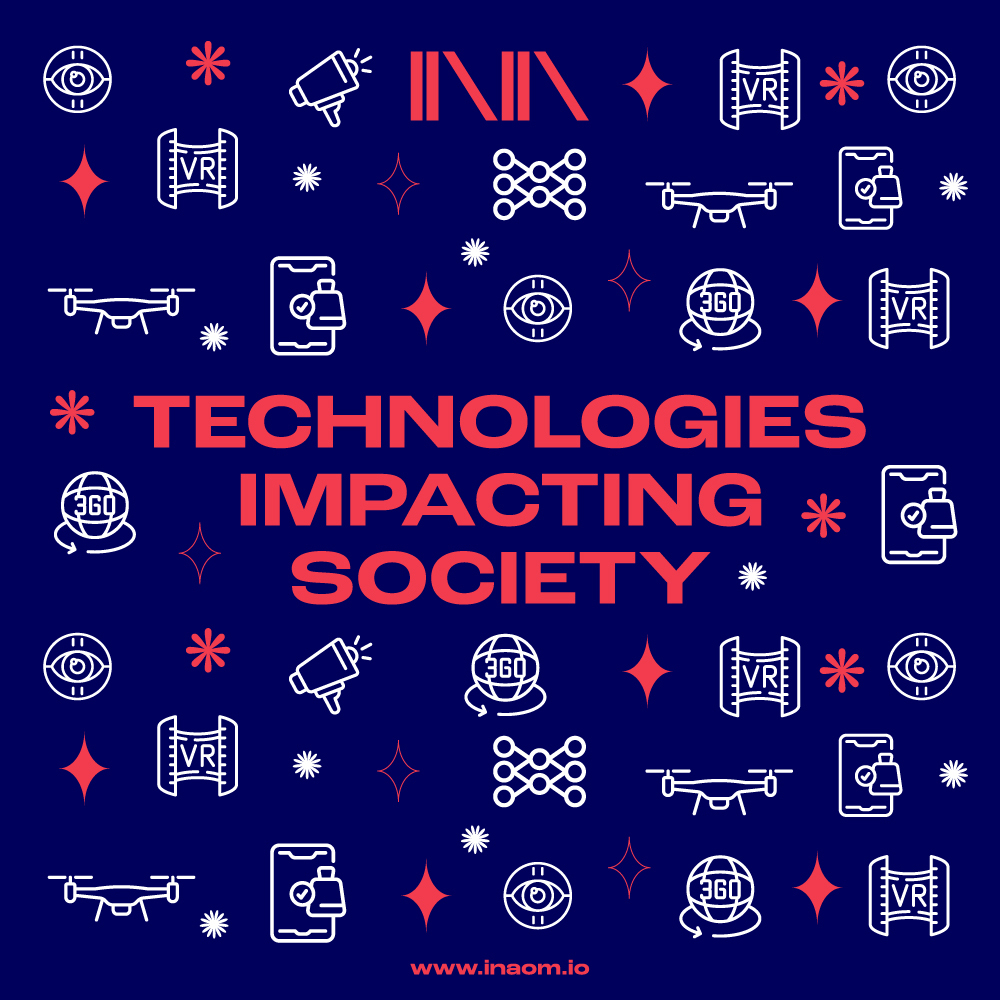Introduction
In this podcast episode, our host Ina O’ Murchu got into a deep discussion with Noah Giansiracusa on Machine Learning. They delve into the captivating world of machine learning and its profound impact on modern society. In this blog post, we will explore the evolution of this transformative technology, its unbiased nature, ethical concerns, and the inspiring figure of Timnit Gebru, who has championed the cause of AI ethics. Before We deep dive into the world of machine learning, let’s know about Noah’s background.
About Dr. Noah Giansiracusa
Noah Giansiracusa is a tenured associate professor of mathematics and data science at Bentley University, a business school located near Boston. His research interests span from Algebraic Geometry to Machine Learning to Empirical Legal Studies. In July 2021, he published a book titled “How Algorithms Create and Prevent Fake News“, which led him to become more involved in public writing, speaking, and policy discussions concerning data-driven algorithms, artificial intelligence, ML, and various topics within the tech industry.
Noah’s journey into the world of machine learning and data science began with his role as a maths professor. While teaching theoretical and pure maths courses, he noticed the rising demand from students for data science and ML topics. The students were eager to learn about these modern and practical subjects that had a direct impact on the job market. Inspired by their enthusiasm, Noah started exploring data science and machine learning with them and found it fascinating.
Follow Noah on Twitter:
https://twitter.com/ProfNoahGian
The Evolution of Machine Learning
History
Machine learning has a rich history, dating back to the 1940s and 1950s when early pioneers laid the foundation for this groundbreaking technology. Over the years, it has evolved through various stages, including rule-based systems, statistical learning, and deep learning. The progression of computing power, availability of vast datasets, and innovative algorithms have propelled ML to new heights.
Breakthroughs in the Field
Throughout its development, machine learning has witnessed several seminal moments that shaped its trajectory. The introduction of decision tree learning by Ross Quinlan, the support vector machine (SVM) by Vladimir Vapnik, and the groundbreaking work on neural networks by Geoffrey Hinton were pivotal breakthroughs that continue to influence the field today.
Machine Learning in the Modern World
ML, a subset of artificial intelligence, empowers systems to learn from data and improve their performance without explicit programming. Its significance lies in its ability to revolutionise industries by providing valuable insights, automating processes, and enhancing decision-making. From personalised recommendations in e-commerce to medical diagnosis and autonomous vehicles, machine learning has permeated every facet of our lives.
Artificial Intelligence and Machine Learning
Machine learning’s growth has been closely intertwined with the rise of artificial intelligence (AI). AI aims to create intelligent systems capable of human-like cognition, while ML plays a central role in achieving this goal. The symbiotic relationship between AI and machine learning has led to advancements in natural language processing, computer vision, and robotics, propelling us into an era of unprecedented technological advancement.
Machine Learning: An Unbiased Tool
Neutrality of Machine Learning Algorithms
One of the defining attributes of machine learning is its impartiality. Unlike humans, machines do not possess biases based on race, gender, or other factors. However, the neutrality of machine learning algorithms is contingent on the data they are trained on.
The Influence of Data and Bias
While machine learning algorithms themselves may be unbiased, they can inadvertently inherent biases present in the data used to train them. This raises ethical concerns, as biassed algorithms can perpetuate discrimination and amplify societal disparities. It is crucial for developers and data scientists to be vigilant in recognizing and mitigating biases in their models.
Ethical Concerns and Biases in AI Models
To ensure that machine learning remains an unbiased tool, there is a pressing need for ethical frameworks and guidelines. Companies and researchers must prioritise fairness, accountability, and transparency in their AI models. Regular audits of algorithms and diverse representation in training data are essential steps toward achieving ethical and unbiased machine learning systems.
The Inspiring Figure of Timnit Gebru
Background
Timnit Gebru, a prominent researcher and advocate for AI ethics, has played a pivotal role in shaping the discourse around responsible AI development. Her academic journey and passion for advocating transparency and fairness in AI models have earned her international recognition.
Gebru’s Research Paper “Stochastic Parrots”
In her groundbreaking paper “Stochastic Parrots,” Gebru highlighted the dangerous consequences of deploying biassed AI models without proper scrutiny. This influential work emphasised the urgency of addressing ethical concerns in AI applications and sparked meaningful conversations about accountability in the AI community.
Dismissal from Google
Tragically, Gebru’s tenure at Google ended controversially when her employer terminated her, raising concerns about corporate influence on research integrity. Despite this setback, Gebru founded a new AI institute, inspiring researchers and advocates worldwide to continue pushing for ethical AI practices and transparency.
Navigating the Ethical Implications
Balancing Ethics with ML Apps
The application of ML often presents a complex ethical dilemma. Balancing the benefits of automation with potential risks to privacy, security, and employment requires thoughtful consideration and responsible decision-making by all stakeholders.
Complexities of Detecting Hate Speech on Social Media
One of the challenging ethical dilemmas in machine learning is the detection of hate speech on social media platforms. The ambiguity and fluidity of language make it difficult for algorithms to accurately identify and combat hate speech, necessitating ongoing research and collaboration between technologists, policymakers, and advocacy groups.
AI Ethics Initiatives Effectiveness
To ensure the effectiveness of AI ethics initiatives, quantifiable metrics for success must be established. Metrics may include reductions in bias, improved transparency, and clear accountability mechanisms. Measuring success empowers organisations to continually improve their AI systems and build trust with users.
Machine Learning: A Catalyst for Positive Change
Impact on Biological Science
Machine learning’s applications extend beyond traditional domains, positively impacting scientific research. Notably, it has revolutionised the study of biological systems, enabling breakthroughs in predicting protein folding—an essential task in understanding diseases and developing life-saving medications.
Future of Automation and Human Experience
Rather than fearing automation, society should embrace it as a catalyst for human progress. Machine learning can streamline repetitive tasks, allowing humans to focus on creativity, innovation, and problem-solving. Embracing this synergy can lead to a more efficient and fulfilling future.
The Promise of AI as an Assistant
AI is not intended to replace human ingenuity; rather, it serves as a valuable assistant in scientific endeavours. By augmenting human intelligence, AI can accelerate scientific discoveries, enhance healthcare, and address pressing global challenges, fostering societal growth and prosperity.
Conclusion
Machine learning has emerged as a powerful force that permeates various aspects of our lives. Its potential for driving innovation and addressing critical societal issues is immense. However, its responsible development and usage are paramount to avoid unintended consequences.
As ML continues to shape our world, responsible development and usage must be at the forefront. This necessitates a collective commitment to ethics, transparency, and accountability, ensuring that AI remains a force for good.
To leverage the power of machine learning responsibly, fostering a collective understanding of its impact is vital. This understanding requires interdisciplinary collaboration, continuous learning, and ongoing discussions that involve policymakers, technologists, ethicists, and the public.










